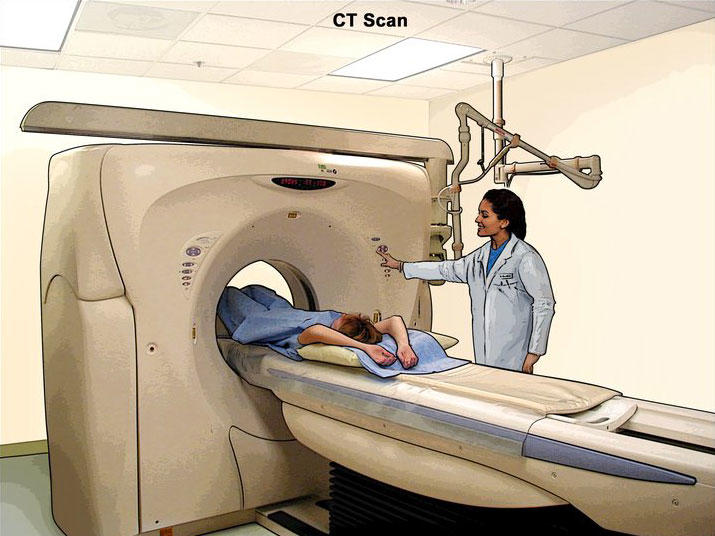Medicare to Cover Annual Lung Cancer Screening for Some Beneficiaries
, by NCI Staff
For the first time, Medicare will cover the costs of lung cancer screening for some beneficiaries, the Centers for Medicare and Medicaid Services (CMS) announced on February 5. The coverage applies only to screening with low-dose computed tomography (LD-CT) in beneficiaries considered to be at increased risk based on their smoking history.
"This is an important new Medicare preventive benefit since lung cancer is the third most common [nonskin] cancer and the leading cause of cancer deaths in the United States," said Patrick Conway, M.D., CMS chief medical officer and deputy administrator for innovation and quality.
The National Coverage Decision (NCD) on lung cancer screening was largely based on the results of the NCI-sponsored National Lung Screening Trial (NLST), which found that participants screened with LD-CT had an approximately 16 percent reduced risk of dying from lung cancer compared with those screened with a standard chest x-ray.
To be eligible for Medicare screening coverage, beneficiaries have to meet criteria similar to those that were required for participation in NLST. Beneficiaries must:
- be between the ages of 55 and 77;
- be either a current smoker or have quit smoking within the last 15 years; and
- have a tobacco smoking history of at least 30 pack years, which is an average of one pack a day for 30 years.
Under the coverage policy, beneficiaries must receive a written order for screening from a physician or qualified non-physician practitioner. And before the first screening, beneficiaries must also receive counseling and take part in a shared decision making visit with the clinician or practitioner who wrote the order.
Both radiologists and radiology facilities must also meet specific criteria in order to be reimbursed for screening procedures. Facilities, for example, must collect and submit data for each screening they perform to a CMS-approved registry.
"The NLST was a landmark cancer screening clinical trial and, as this decision by CMS demonstrates, our research can help policy makers make informed decisions that directly affect public health," said Barry Kramer, M.D., director of NCI’s Division of Cancer Prevention. "NCI continues to support studies that analyze data collected during the NLST to try to better understand the impact of lung cancer screening in people at high risk."
These studies include research on the effect of screening on participants’ smoking behavior and the extent of lung cancer "overdiagnosis," Dr, Kramer noted.
Further details on the coverage policy are available in the full NCD. NCI also has a comprehensive Q&A on NLST and its findings, as well as a Physician and Patient Guide that explains the benefits and harms of LD-CT screening for lung cancer.
Visit www.smokefree.gov for tips and resources on quitting smoking.
